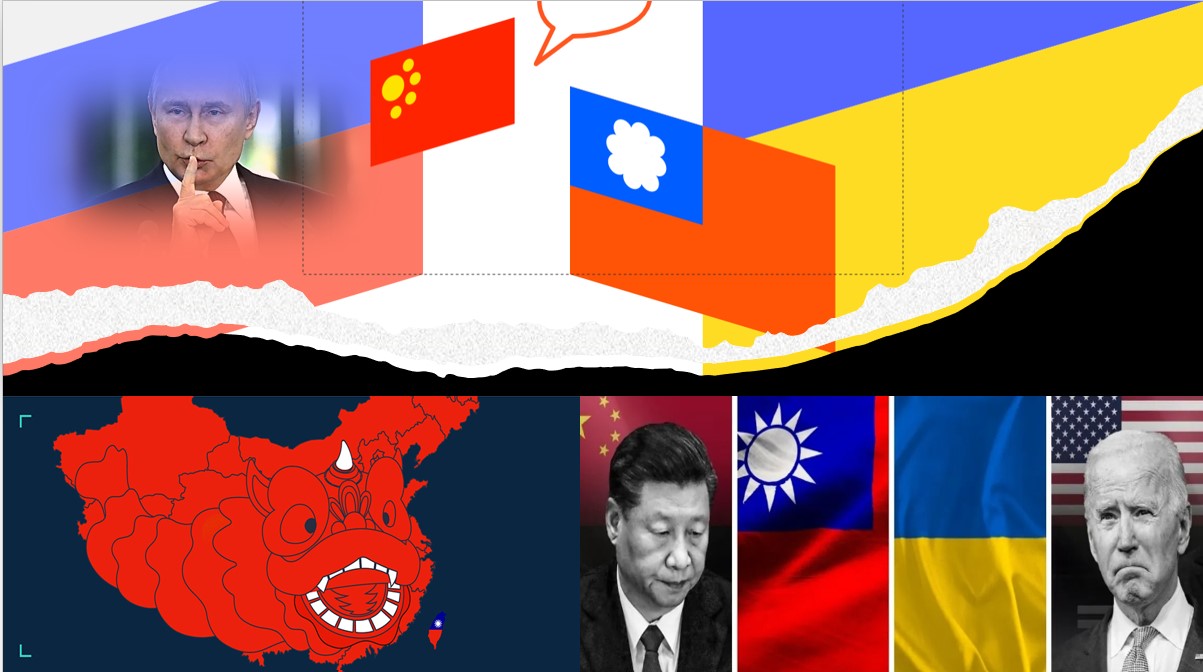
Ukraine Has Raised, Not Lowered, Risks Of A China-Taiwan Conflict
 Mon, 10 Apr 2023
| Reading Time: 5 minutes
Mon, 10 Apr 2023
| Reading Time: 5 minutes

On April 2, Fareed Zakaria did an interview for CNN with Admiral W M McRaven (retd) of the US Navy, introducing him as being among the finest military minds in the US. When talking about the possibility of the US getting involved in a kinetic conflict with China over Taiwan, the admiral was visibly uneasy. In his view, it was all-important to have a conversation with the PRC about such a matter rather than talk in an assertive way. Any tough talk may tip the balance in the Central Military Commission in favour of the war hawks, and should be avoided. Admiral McRaven’s advice about dealing with threats from China was, in effect, to run to the negotiating table in an effort at persuading the CCP leadership that it ought to desist from combat. Neither is he the only four or three star military officer in the US who makes no secret of his unwillingness to countenance a kinetic conflict with China, even in a matter vital to the security interests of the US. In a recent book, McRaven showed off the skills of his research team by culling examples from a millennium ago. The fact is that the world has changed not just since the beginning of the previous millennium, but as late as the Hong Kong handover in 1997, which was taken within the CCP leadership to mark the beginning of the receding of the tide of US global primacy.
There is no more accurate word to describe the results of President George W Bush’s invasion and occupation of Iraq in 2003 than disaster, followed by similar stumbles in Libya, Syria and Afghanistan. The seizing of territory has value only if it can be held, and in this essential task, the US military has proven to be inept, including in 2011-13 in Libya and in Syria, both of which have been reduced to ruin in the way Iraq was. The worst disaster was in Afghanistan in 2021, when US forces were ordered by President Joe Biden to surrender that country to the Taliban. Even a token US presence was not permitted to be retained by the Taliban interlocutors who negotiated the surrender terms under President Trump, terms that included the destruction of the combat capabilities of the Afghan military by removing the logistics and other services that the force had been forced to rely on as a consequence of NATO contempt for the Afghan military, a force that proved to be far more effective in keeping the Taliban at bay than troops imported from within NATO. At the time of the surrender, Biden had claimed that the reason for the complete withdrawal of US forces and logistics (minus weapons stockpiles) from Afghanistan was to “focus on the threat from China”.
It soon became clear that in President Biden’s view, he did not mean China as his post-Afghan focus but the Russian Federation. That is the country that he has obsessively and expensively been trying to humiliate ever since occupying the Oval Office, even while seeking detente with China. Whether it be Biden, Trudeau, Scholz, Macron or (when the war started in February 2022) Boris Johnson, they seem to have reached the conclusion that the very survival of western civilisation hinged on protecting Ukraine from Russian influence, an inference that is not obvious to those free of the delusion that only Europe mattered in the 21st century in the way that was the case in the 19th and in much of the 20th century. In this litany, the Wall Street crash of 2008 needs to be mentioned, as that was the start of doubt in the Rest that the currencies of the West were the only stable ones to use as a medium of exchange or as a store of value. The multiplication of sanctions since 2014 by the US and its European partners against Russia and those of Russian ethnicity came after the disappearance of the gold and currency hoards of Saddam Hussein, Muammar Ghaddafi and other high-influence targets of NATO into western hands, never to be seen again. In 2022, the Swiss put a stake into their own banking system by joining in NATO sanctions on Russia, thereby shedding a neutrality that they had retained even when the world was battling the Nazi scourge. Swiss banks may be a haven for those who are citizens of NATO member states, but are now regarded as risky repositories for those from countries that someday may invite western wrath and sanctions that drain away whatever was kept in western financial institutions.
Having come to the conclusion that European civilisation depended on keeping in power the Ukrainian establishment that had taken control in Kiev since 2014, various reasons were trotted out in order to justify such a claim. Among the more misleading is the claim that the “strong action” taken against Russia in Ukraine has acted as a deterrent to CCP General Secretary Xi Jinping in his anxiety to gobble up Taiwan so as to better protect his lifetime perch on power. What the Taiwanese have seen is a country (Ukraine) that is being torn to shreds, and which is daily calling out for direct intervention by NATO in the conflict with Russia that has not been forthcoming. They know that resupply of weapons will be much more of a logistical challenge for NATO in the case of a conflict between Taiwan and China than has been the case in the Ukraine-Russia war. Given the Ukraine precedent of non-intervention except through supply of weapons and provision of intelligence and training, the chances are worryingly low that the US navy would kinetically break a PLA blockade of the island country. Following the McRaven method, the White House under Commander-in-Chief Biden is more likely to reach for the telephone rather than a gun. Small good that would do. A perception that a victory by the party could keep China from kinetic misadventures may assist the KMT to become the favourite to win the 2024 Presidential polls, despite the charisma of DPP candidate Lai Ching-te.
And what about China? Those around Xi have taken heart from the refusal of NATO to get directly involved in the battle between Ukraine and Russia. Any perception that the US and Japan in particular would kinetically intervene in a Taiwan-China conflict would act as a deterrent against such a misadventure by the PLA. Also, the western ” no boots on the ground” response to the Ukraine war has strengthened the Sino-Russian alliance to a level not seen even in the early 1950s, a plus for China in the event of a cross-straits conflict, given that the alliance would serve to further deter the US and Japan from intervening more robustly against China. If NATO is serious about not allowing Taiwan to fall into the grasp of the CCP, there needs to be a substantial uptick both in the quantity as well as the quality of weapons being supplied to Taiwan. Next, absent direct intervention by the US in particular, Taiwan needs to acquire the capability to (a) seriously degrade infrastructure along the east coast of China in the event of a conflict and (b) foul up energy, banking and transportation grids in China through cyber interception. Ukraine, pitted against a country that is far superior to it in capability, understands that only direct involvement by NATO would protect it from the devastation that it is now enduring. The most effective deterrent against an attack by China would be to state in unambiguous terms that the US and Japan would intervene in force in the event of a PLA attack on Taiwan.
The CMC is drawing multiple lessons from the Ukraine conflict, but these are not the ones that NATO believes it is imbibing. It is veering to the view that the PRC’s nuclear arsenal will deter US intervention, as such Russian capability has in Ukraine. No capability that lacks an offensive thrust can serve in a reliably defensive mode. The parsimony of NATO in equipping Taiwan with such capabilities stands in contrast to their showering Ukraine with armaments, almost all given free of cost. In contrast, Taiwan has to pay for every bit of NATO equipment it gets, that too at full market rates that fail to take account of the island’s importance to the overall security of the Indo-Pacific. The CCP is indeed drawing lessons from the Ukraine war, but these are those that encourage rather than discourage an effort to take control of Taiwan, now that the South China Sea has been converted into a PLA lake as a consequence of the focus of NATO in Europe, in Russia, to the neglect of Asia and the threat that the Indo-Pacific faces from the PRC.
Disclaimer
The opinions expressed in this article are the author’s own and do not reflect the views of Chanakya Forum. All information provided in this article including timeliness, completeness, accuracy, suitability or validity of information referenced therein, is the sole responsibility of the author. www.chanakyaforum.com does not assume any responsibility for the same.
Chanakya Forum is now on . Click here to join our channel (@ChanakyaForum) and stay updated with the latest headlines and articles.
Important
We work round the clock to bring you the finest articles and updates from around the world. There is a team that works tirelessly to ensure that you have a seamless reading experience. But all this costs money. Please support us so that we keep doing what we do best. Happy Reading
Support Us






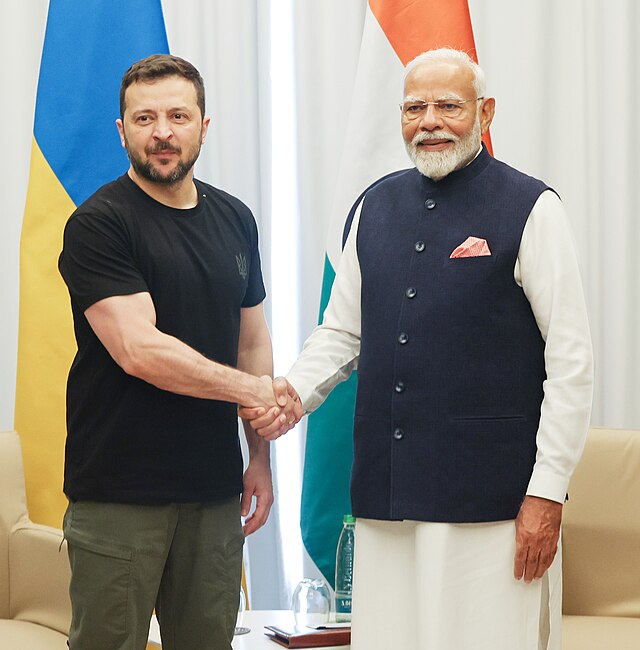
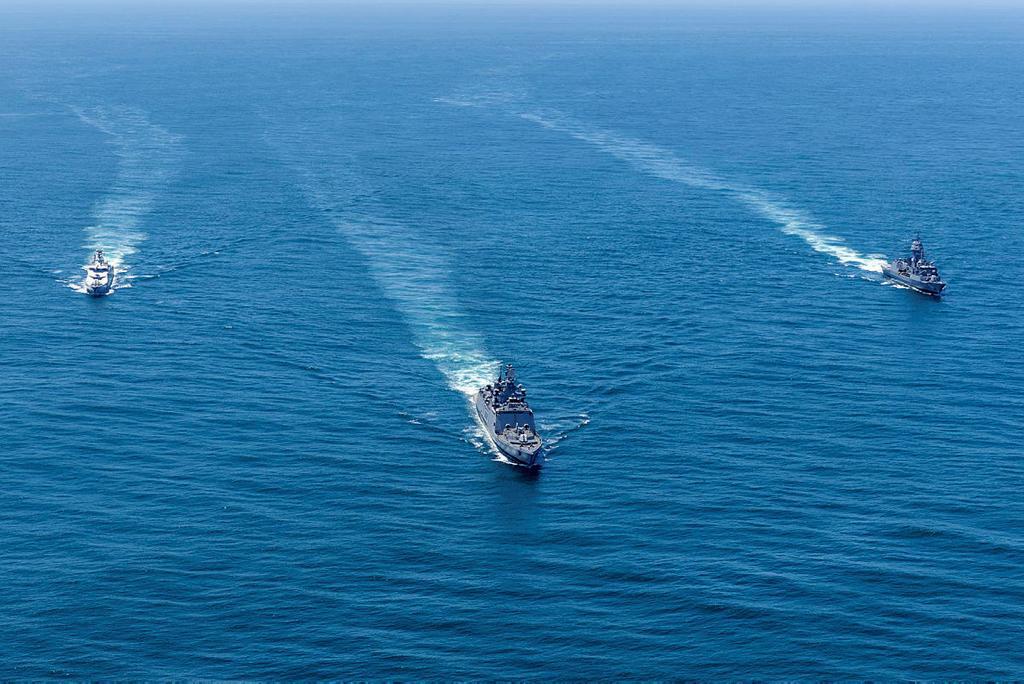
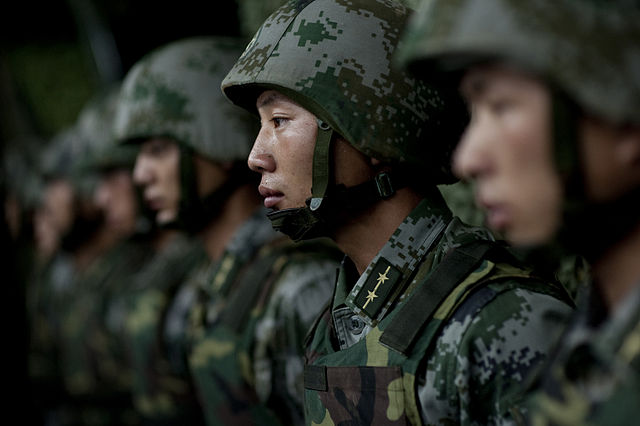
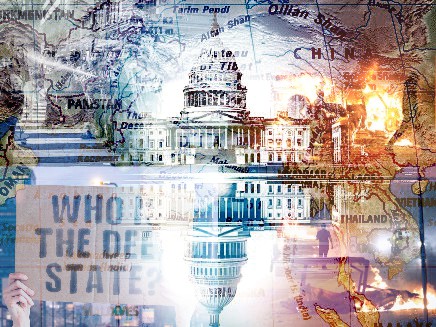
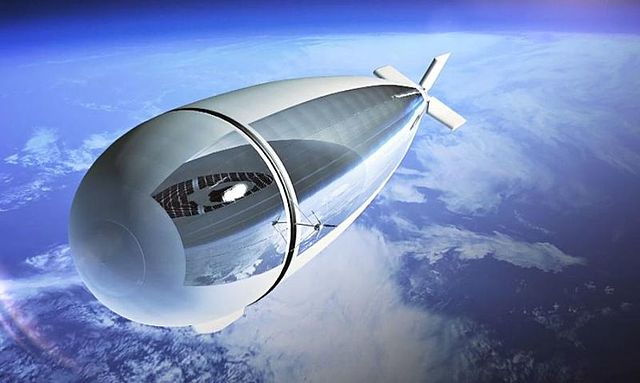
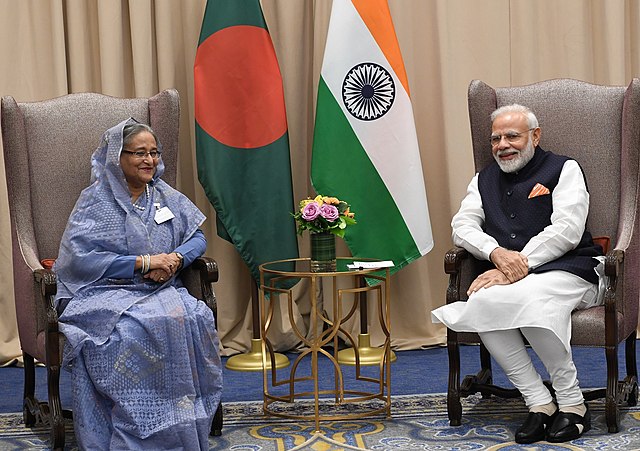
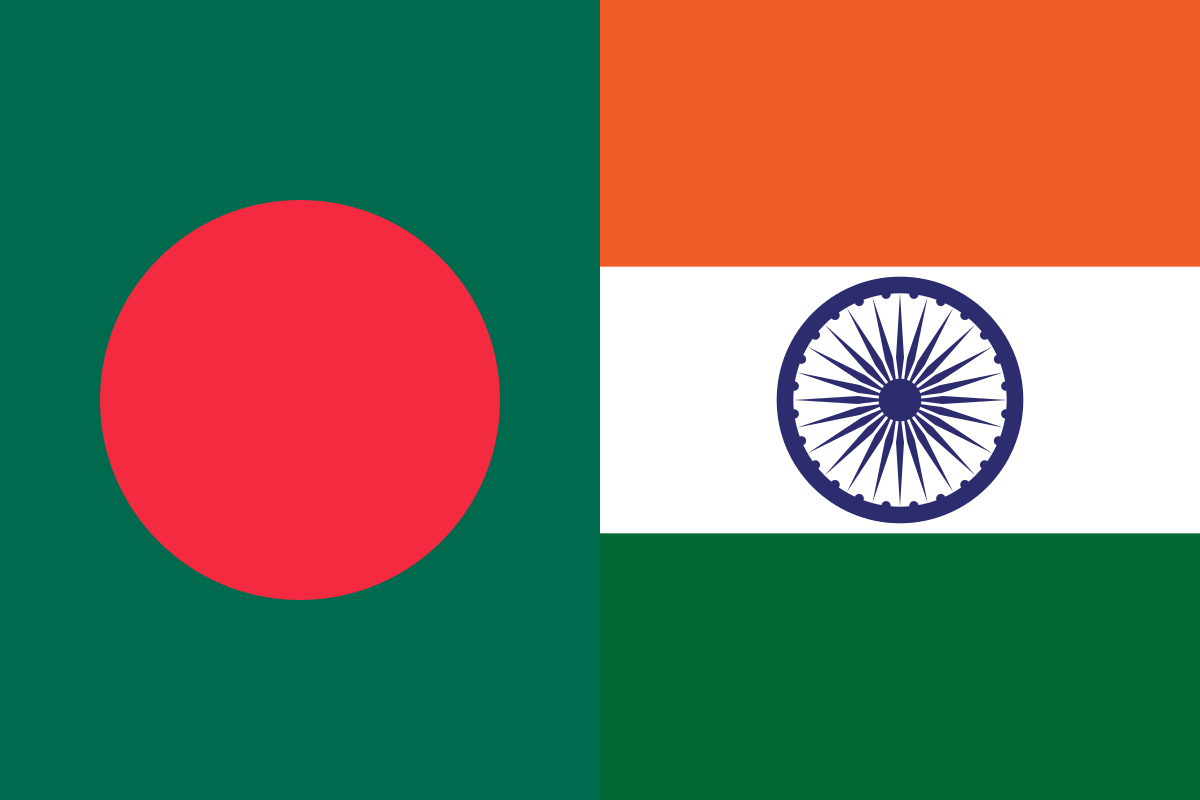
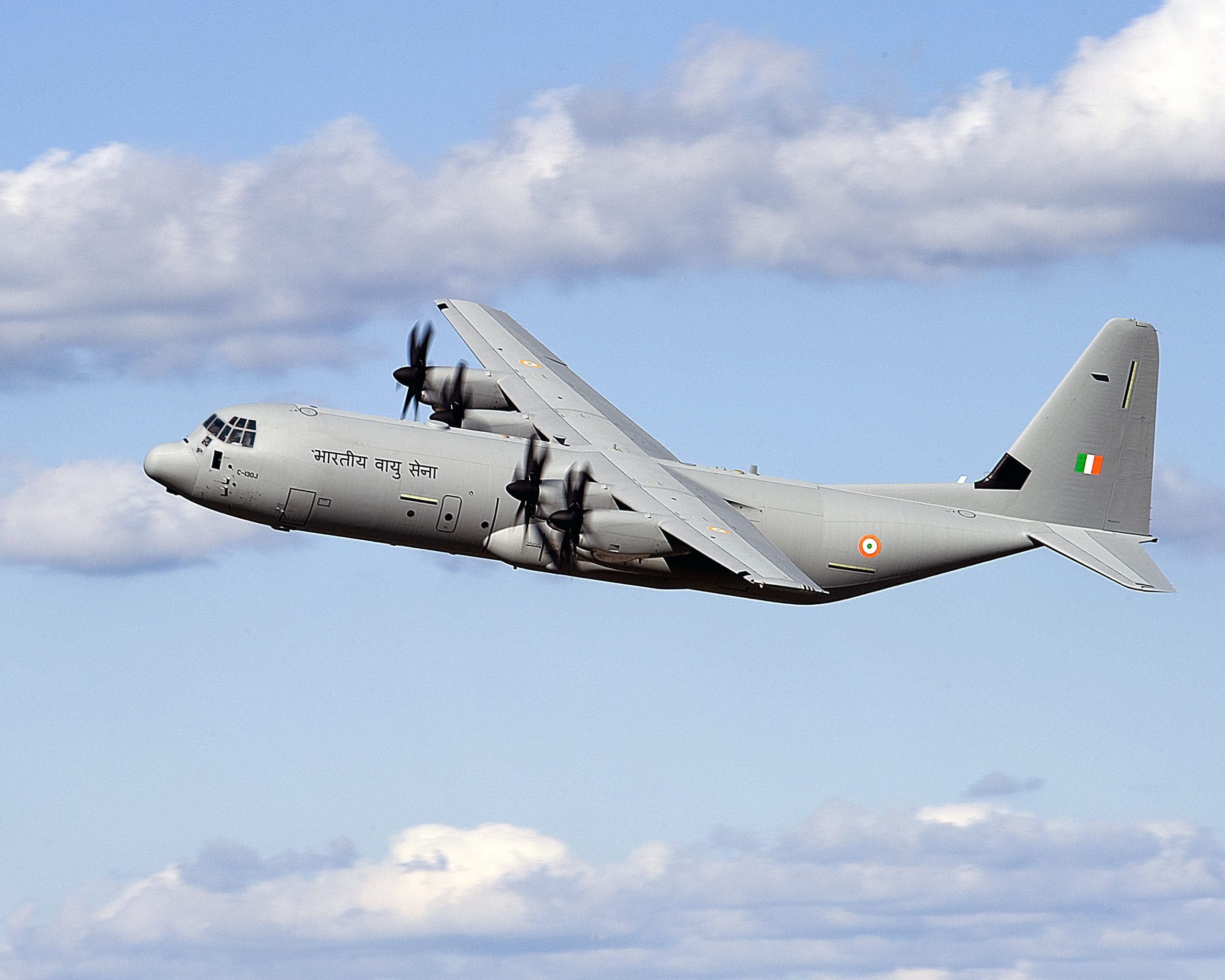







POST COMMENTS (0)